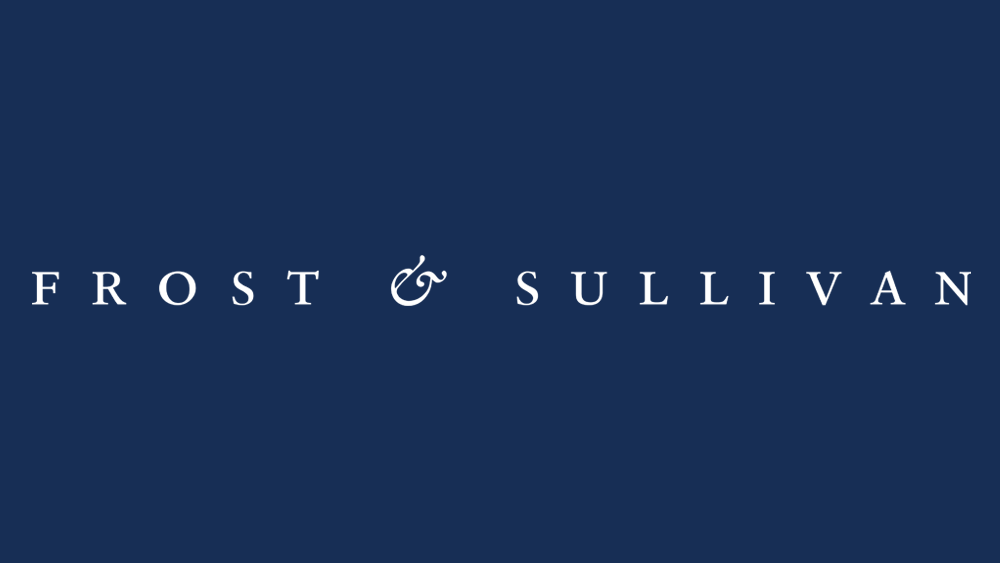The Covid-19 crisis has been likened to the Great Depression, the Great Financial Crisis of 2008, and the Spanish Flu of 1918. While every crisis is unique, creating parallels to other extreme financial and health crises helps us understand what worked, what didn’t, and what innovative approaches are needed to meet the new challenges of post-pandemic life.
How will your company fare on the road to recovery? What should you focus on to come out of this crisis stronger? Brands are already making tough decisions about the future of their business and we want to help. We’ve gathered timely advice from industry experts, thought leaders, and brand executives on how to spur innovation, seize new opportunities, and create meaningful connections on the road to recovery.
For the first topic in this series we asked 5 business executives, academics and thought leaders why innovation matters now more than ever. Here is the list of experts you’ll be hearing from on this topic:
- Art Markman, professor of psychology and marketing, University of Texas, Austin and executive director, IC-squared Institute
- Dr. Kumar Mehta, innovation expert, founder of Bridges Insight, and author of The Innovation Biome
- Tim Galles, chief idea officer, Barkley, and author of Scratch: How to build a potent modern brand from the inside out
- Dr. Ioannis Ioannou, associate professor of strategy and entrepreneurship, London Business School
While their backgrounds may be varied, all our experts agree: This is not a time for business as usual and companies hoping to emerge from this crisis with their brands intact need to be looking far beyond the virtual walls of their businesses. See what they had to say in this video series, “Fueling the Next Wave of Innovation: Expert advice for companies on leading through a crisis.”
Here is a quick recap of the advice and insights they shared in our video series:
Use the opportunity for innovating, learning and evolving
Despite the doubt and anxiety, now is the time to strengthen your resolve and focus. Businesses will be remembered for how they responded with creativity, innovation, and customer-centricity.
It’s crucial that companies identify, prioritize and continue to invest in initiatives that will future-proof their organizations. Brands need their teams to be as agile as possible, and empowered to pivot strategies and areas of focus while still remaining true to the company vision and mission.
Once brands rediscover their new purpose and an evolving market need they’re going to try and fulfill, it’s time to take advantage of the possibilities. Instead of going into “save and divest” mode, companies that can see beyond the current situation to continue innovating to meet changing needs are those most likely to survive.








